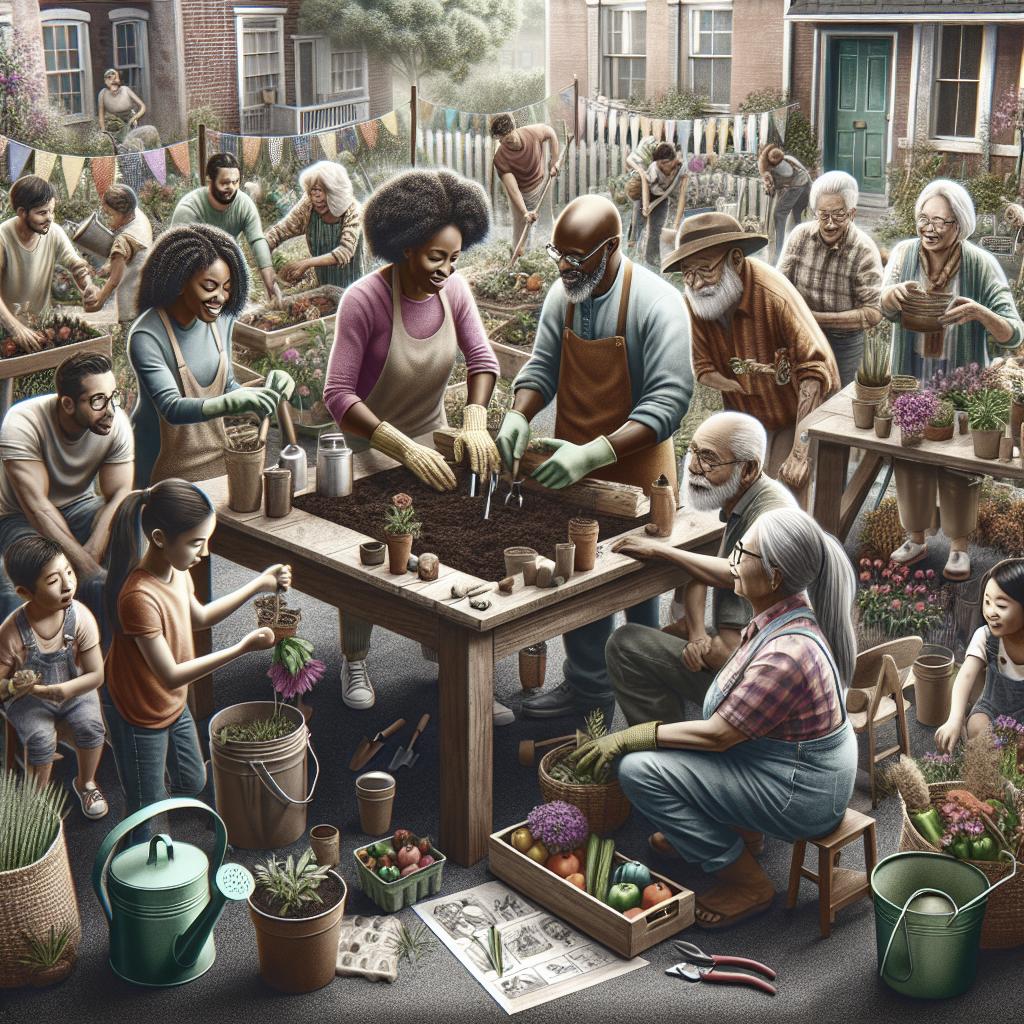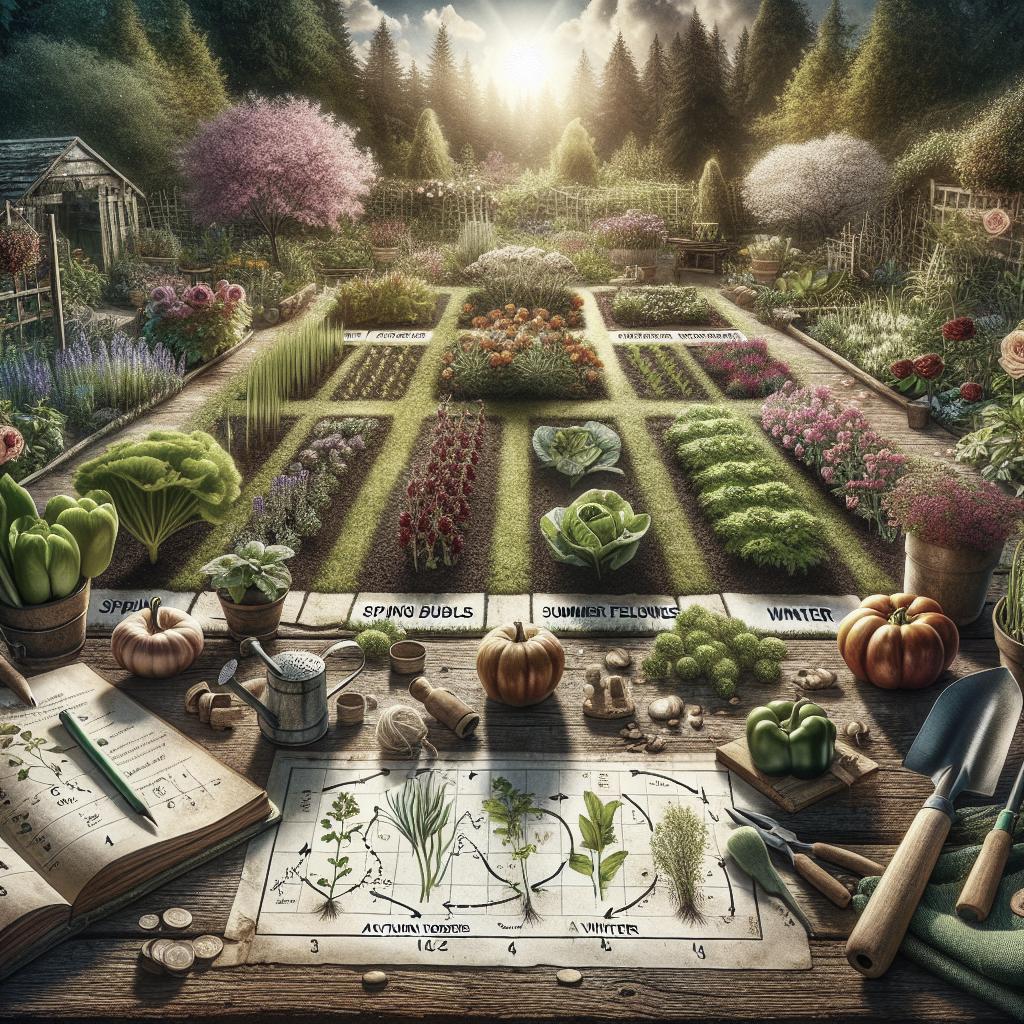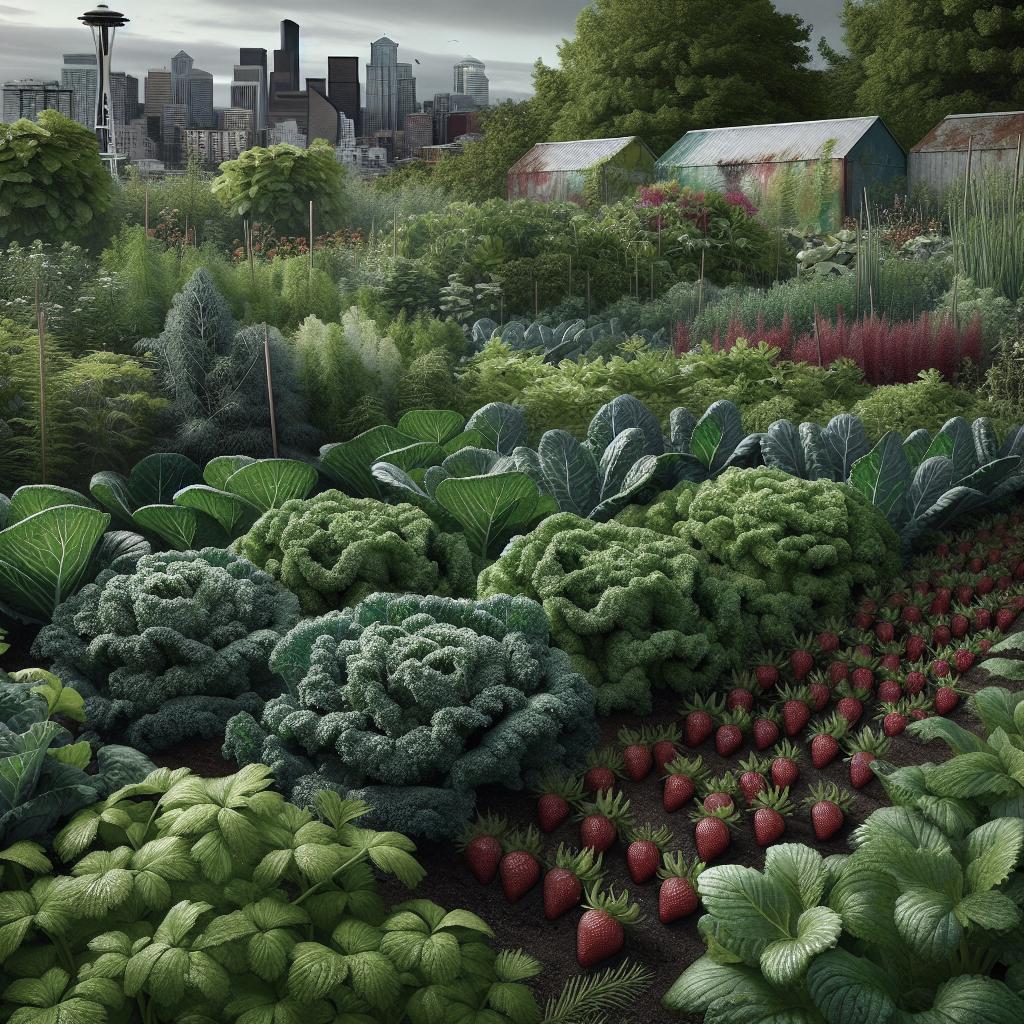Community gardens serve as a vibrant hub for green thumbs, urban farmers, and community members alike. They provide a space to grow fresh produce, foster community spirit, and educate individuals about sustainable gardening practices. One of the most exciting aspects of community gardens is their plethora of events and workshops, aimed at teaching participants various gardening skills throughout the year. From preparing fall and winter vegetable gardens to crafting unique garden art, these events are invaluable resources for both novice and seasoned gardeners. This blog post delves into the array of community garden events and workshops available, detailing specific events, the nature of these programs, and how you can get involved.
Fall/Winter Vegetable Garden
1. August
August heralds the transition from summer to fall, making it a critical month for gardeners to prepare for cooler weather. Community garden workshops in August focus on planning, planting, and protecting late-season crops. Topics often include selecting the right varieties of fall and winter vegetables such as kale, Brussels sprouts, and winter spinach. Participants learn soil preparation techniques, the importance of crop rotation, and the timing for planting seeds to ensure a bountiful harvest come winter. Additionally, these workshops emphasize environmentally friendly practices such as composting and organic pest control. Experienced garden mentors provide hands-on demonstrations and offer their sage advice, making this a prime opportunity for beginners to ask questions and gain practical insights. The goal is to establish a strong garden foundation that will withstand the cooler months and yield delicious, home-grown produce.
Fused Glass: Birchbark Plates
While the primary focus of community gardens is often on growing produce, integrating artistic elements can make these spaces even more inviting. One unique workshop offered is “Fused Glass: Birchbark Plates.” This interesting twist combines horticulture with artistry, where participants create beautiful, functional pieces inspired by nature. In the fused glass workshop, participants are guided through the process of designing and creating their birchbark-themed glass plates. The use of natural elements like birchbark in garden art adds an aesthetic appeal to garden spaces, and these plates can serve multiple functions, from decorative pieces to practical garden markers. This workshop isn’t just about crafting; it’s an opportunity for community members to bond over a shared love of nature and creativity. It broadens the appeal of community gardens, attracting people who might be more interested in the artistic aspect of gardening.
Get more information on the Garden Workshops
How this program works
Community garden workshops are designed to be accessible and educational. They are typically scheduled throughout the year to align with the gardening calendar, ensuring that participants gain timely and relevant skills. Each workshop is usually led by an expert in the field, whether it’s a master gardener, a horticulturist, or an artist specializing in garden crafts. The structure of these workshops varies. Some are single-day events, packed with intensive learning and hands-on activities, while others may span several weeks, offering a deeper dive into complex topics such as permaculture design or advanced vegetable grafting techniques. Workshops are often segmented into beginner, intermediate, and advanced levels to cater to the varying skill sets of participants. The communal aspect of these workshops cannot be overstated; they provide a platform for like-minded individuals to share experiences, tips, and form lasting connections.
How to access the workshop
Accessing these community garden workshops is a straightforward process. Most community gardens have an online presence where they post schedules, registration forms, and detailed descriptions of upcoming events. Simply visit their website or social media pages to find information about upcoming workshops. Early registration is usually encouraged due to limited space and high demand. Some workshops may have a small fee to cover materials and instructor costs, while others might be free, funded by grants or community donations. Many gardens also offer scholarships or sliding scale fees to ensure that everyone who wants to participate can, regardless of financial constraints. Don’t hesitate to reach out directly to the garden organizers for specific questions or assistance with the registration process. Engaging in these workshops not only enriches your gardening knowledge but also supports the community garden’s ongoing initiatives. —
| Section | Content Summary |
|---|---|
| Fall/Winter Vegetable Garden | Workshops in August focus on preparing fall and winter crops, covering soil preparation, crop selection, composting, and organic pest control methods. |
| Fused Glass: Birchbark Plates | The fused glass workshop combines gardening with artistry, allowing participants to create garden art inspired by nature, enhancing the aesthetics of garden spaces. |
| Get more information on the Garden Workshops | This section explains the structure and accessibility of workshops, led by experts and designed to cater to various skill levels, while providing opportunities for community engagement. |
| How to access the workshop | Details the process of accessing workshops, including online registration, fees, and the importance of early registration due to limited spots. |


